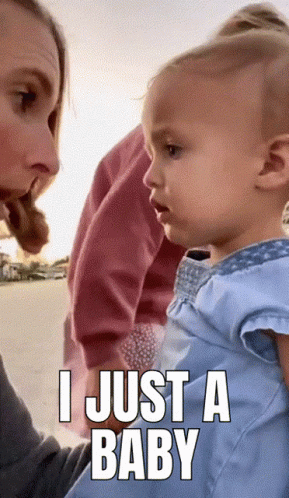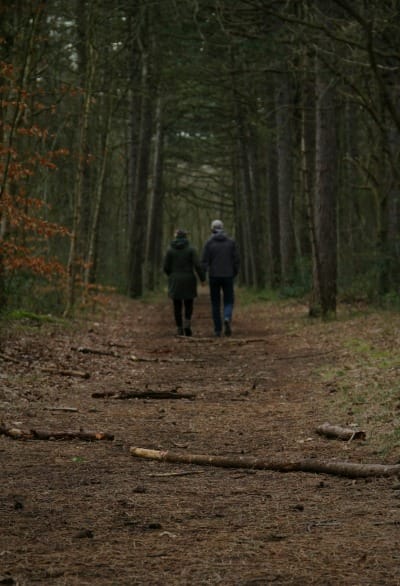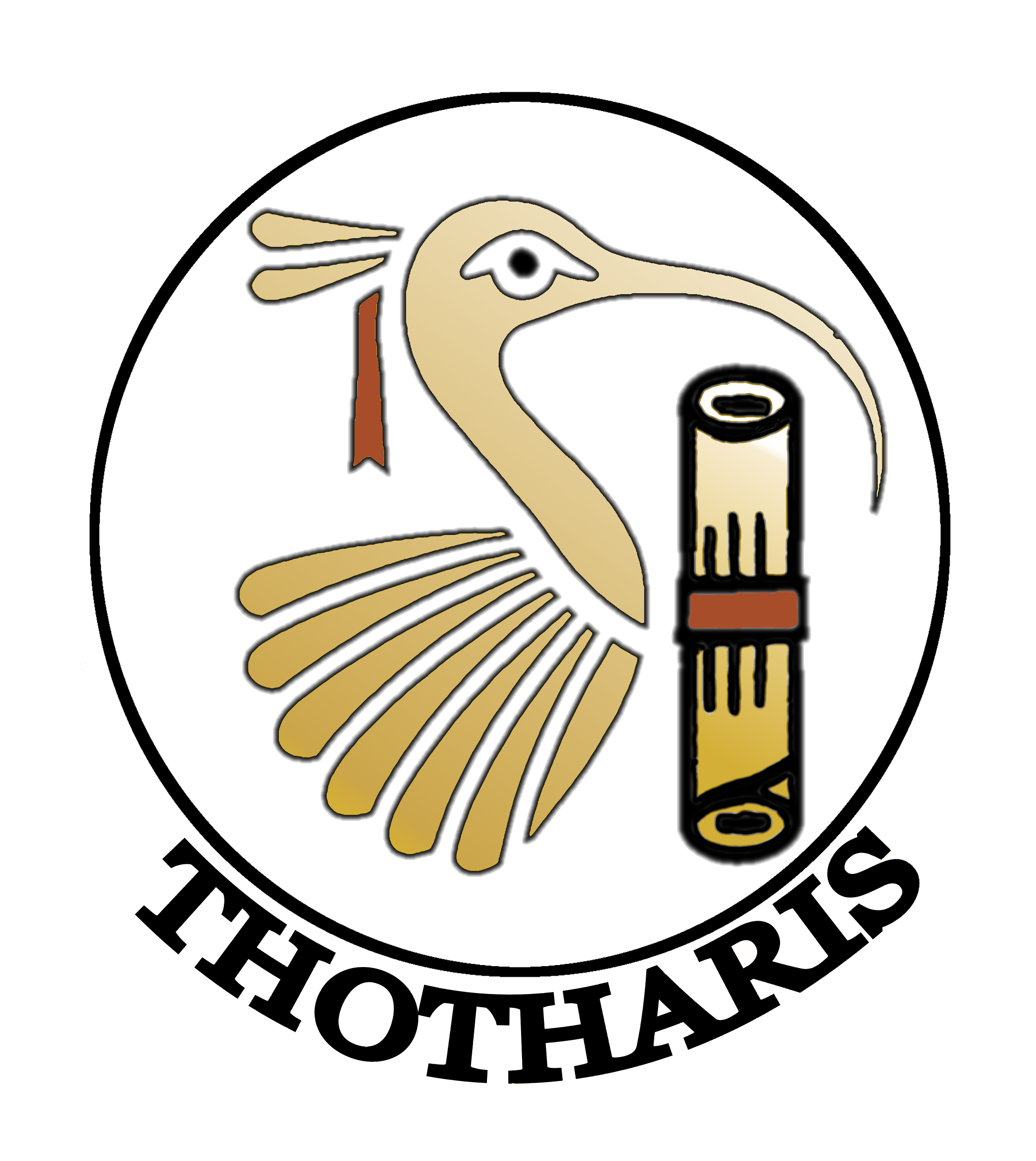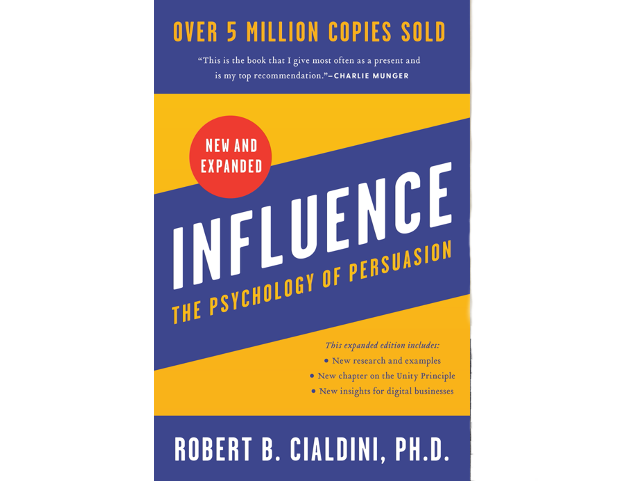The Diplomatic Lifecycle

Share
"This feels like a funeral," said Pavel, bringing the conversation to a grinding halt.
It was a warm afternoon, and we were holding a small farewell party for Pavel, who was soon departing for another posting.
"What are you talking about?" I asked, looking around at the other diplomats, who also seemed puzzled by his comment.
"Every time I leave a post, my farewell feels like a funeral," he insisted. "Most of the people at my farewells I will never see again, and we all know it. The goodbyes always feel final, like a funeral."
His words lingered with me long after the party ended. Diplomatic farewells do indeed carry a sense of finality. Most of us do not know where we will end up next, and as a precaution, we tend to bid farewell with the understanding that we might not meet again, while keeping the hope that somehow we might.
If farewells felt like funerals, the thought persisted, then could arrivals at new postings be a sort of rebirth? As the idea took root, I realized that diplomatic life, defined by a perpetual cycle of beginnings and endings, mirrors the human lifecycle—a series of microcosms of the broader human experience.
Arrival and Discovery (Birth)

This is the stage of discovering your new world and recreating life in a new place. Everything is unfamiliar—from the smell of the air to the taste of the water, from the pace of work to the new colleagues in your office. With few, if any, friends and a nonexistent network, it's up to the diplomat to proactively engage with their new reality.
Like a newborn, you must take your first steps, reinvent your life, and build it from scratch. This includes finding a place to live, establishing a workspace, getting acquainted with your team, and navigating new social dynamics. Like a newborn taking its first steps into the world, you must reinvent your life and build it from scratch. This involves finding a place to live, establishing a workspace, getting acquainted with your team, and navigating new social dynamics. Embracing curiosity and maintaining an open mind become essential during this phase. By immersing yourself in the local culture—learning about customs, traditions, and perhaps even the language—you begin to understand the nuances of your new environment. Proactively building your professional and personal networks by attending social events and introducing yourself to colleagues can ease the transition and lay a strong foundation for your time ahead.
Reframing this phase as one of rebirth and discovery makes it more manageable. Adopting the fearless exploration of an infant can alleviate the anxiety associated with unfamiliarity, transforming it into a time of growth and opportunity.
Walking the Walk (Childhood)

At this stage, what was once unfamiliar gradually becomes routine. You begin to recognize familiar faces at official and social events, form stronger ties with key contacts, and witness the growth of a network that was previously nonexistent. Concurrently, there is increased confidence in your workflow, which now incorporates significantly more nuance and perspective.
This is a transitional phase—no longer a newcomer but not yet fully entrenched. It's a time for exploring the nooks and crannies, knocking on doors, and delving into finer details. Deepening relationships with colleagues and contacts through regular interaction helps strengthen your network. As you expand your knowledge of local issues, politics, and cultural nuances, you become more effective in your role. Seeking mentorship from more experienced diplomats or local experts can provide valuable insights and enhance your understanding of the intricate dynamics at play.
By actively investing in relationships and continuously broadening your knowledge, you solidify your foundation in this new environment. This phase sets the stage for the maturity and effectiveness that will define your subsequent work.
Maturing (Adulthood)

After navigating the early challenges, you reach a stage of maturity where you truly hit your stride. Building upon the foundation laid in earlier phases, this period is crucial for consolidating efforts and capitalizing on networks and relationships. Like reaching adulthood, you're not only familiar with local norms and customs but also woven into the fabric of your professional and personal circles.
You can now leverage your established relationships to facilitate initiatives and achieve diplomatic goals. The trust and rapport you've built enable you to navigate complex negotiations and foster collaborations that might have been inaccessible before. Mentoring newcomers and sharing your knowledge contributes to a supportive community, enhancing the overall effectiveness of your mission and leaving a lasting impact. This phase also offers opportunities to innovate by introducing new ideas or programs that benefit both your home country and the host nation. Your growing understanding of the local landscape positions you to identify unique opportunities for collaboration and advancement.
With experience and insight, you begin to see the fruits of your labor. The investment of time and effort in previous stages pays dividends in your work and interactions, leading to a sense of accomplishment and fulfillment.
Decline and Departure (Aging)

The penultimate stage is the gradual decline, often beginning as your final year approaches. With the departure date looming, you will experience a subtle shift in focus from present duties to future plans. Emotionally, this phase can be challenging. Pavel's observation resonates deeply here—the experience often feels like attending your own funeral, with each goodbye marking the end of a significant period in your life.
Maintaining engagement with your responsibilities is important to ensure a strong finish. Even as thoughts of the next posting or a return to headquarters occupy your mind, staying committed to your current role honors the relationships and trust you've built. Preparing for the transition by organizing your affairs, both professionally and personally, facilitates a smooth handover to your successors. Taking time to reflect on your experiences and document insights can benefit those who follow in your footsteps and provide a sense of closure for yourself.
By acknowledging this shift and actively managing it, you can mitigate any decline in momentum. Reflecting on your accomplishments and the relationships you've built helps in appreciating the journey and prepares you mentally for the next cycle.
The Diplomatic Circle of Life

Understanding the diplomatic lifecycle as a microcosm of our human experience allows us to better cope with the inevitable changes we face. By viewing each new posting as a fresh start and each farewell as a natural conclusion, we can alleviate the mental pressures associated with our profession.
Adaptability is crucial; embracing each stage with flexibility enhances both professional effectiveness and personal well-being. Recognizing that each phase offers opportunities for learning and development transforms the challenges of constant change into avenues for profound personal and professional growth. Emotional intelligence plays a key role here. By being mindful of our feelings during each phase and acknowledging the emotional aspects of transitions, we can maintain resilience and navigate the diplomatic lifecycle more smoothly.
Just as life itself is a series of beginnings and endings, so too is our journey as diplomats—each stage a stepping stone to the next, a lesson learned, and an opportunity for growth. By embracing this perspective, we not only enhance our operational effectiveness and networking capabilities but also enrich our personal development. Each posting becomes a chapter in our larger story, contributing to the tapestry of experiences that define us both as diplomats and as individuals.



